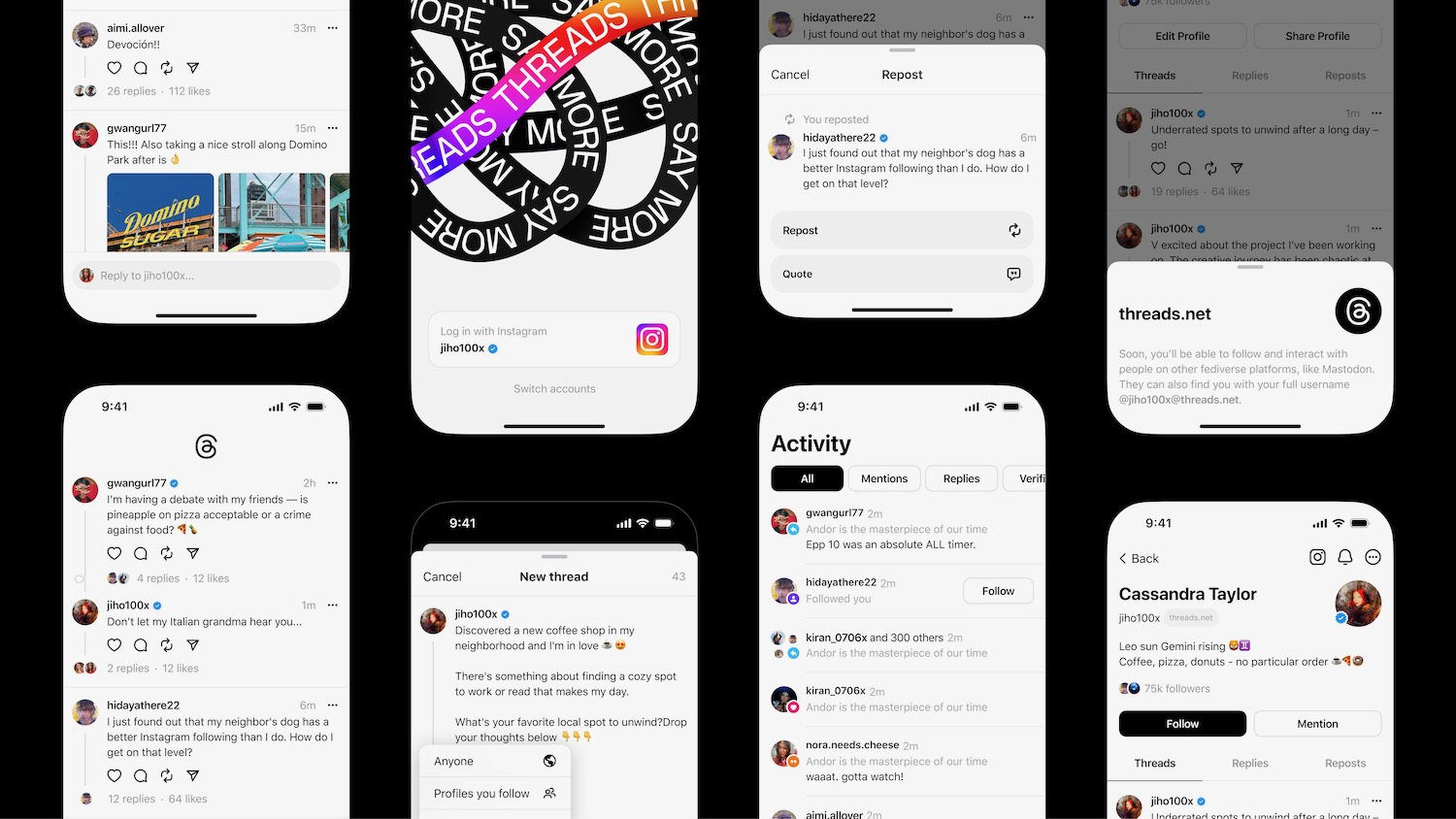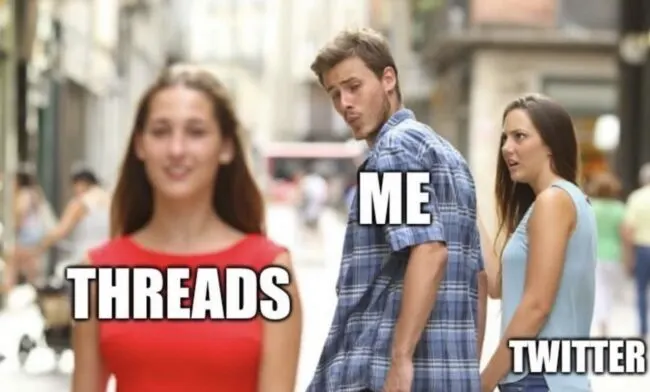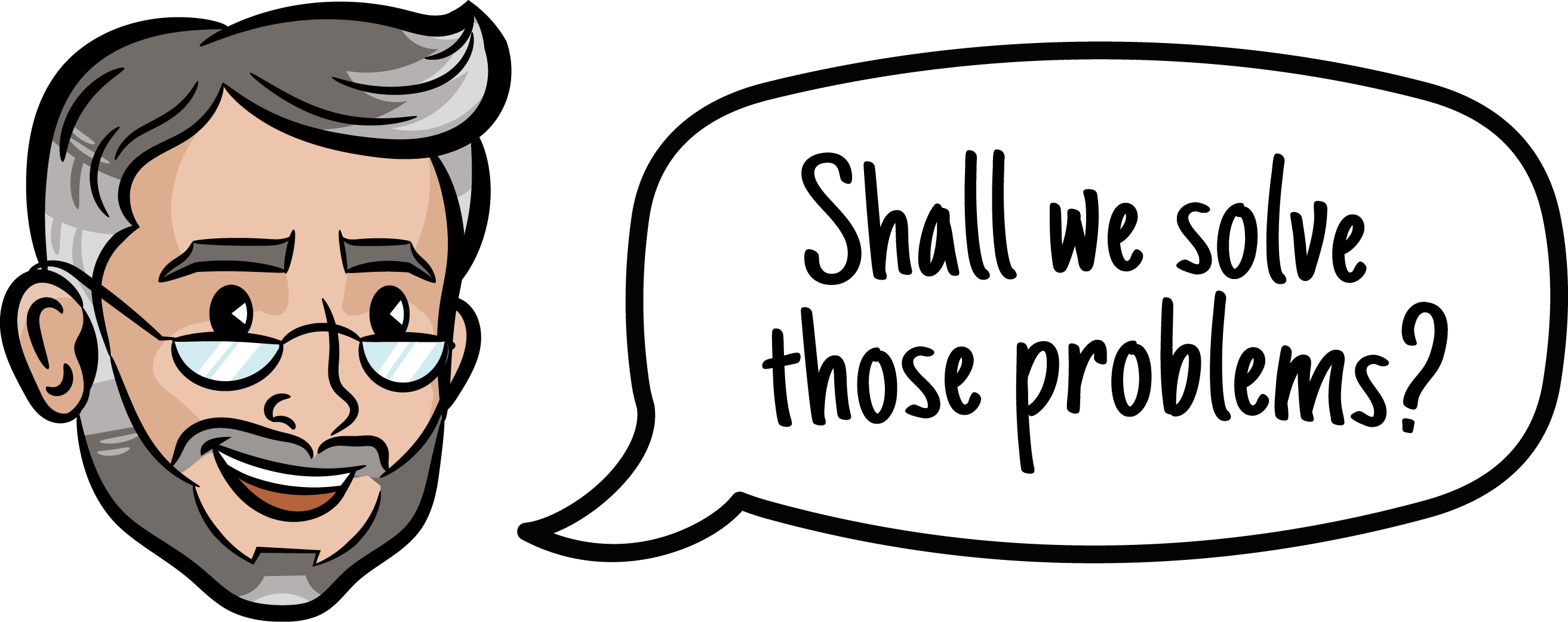
In the digital realm, few things stir up as much excitement and intrigue as the inception of a new social media platform, especially when it’s backed by one of the industry’s titans. When Instagram introduced Threads, it wasn’t just another app in the vast ocean of social media. Instead, it emerged as a formidable challenger to Twitter, a platform that has dominated the microblogging space for over a decade. In just five days, Threads became the fastest-growing app ever, amassing over 100 million users. This explosive growth saw Threads capturing about a quarter of Twitter’s total monthly active user base in an incredibly short span.
I, like many others, was one of the earliest adopters of Threads, being among its first 500,000 users. Over the past few days, my activity on Threads has noticeably surpassed my engagement on Twitter. The platform’s potential to outpace, or even eclipse, Twitter is undeniable, and it seems the power dynamics in the tech world are undergoing a seismic shift.
Many critics argue that Musk’s approach to Twitter felt like a spray and pray method, where numerous changes were implemented with the hope that something would yield positive results.
This rapid ascent hasn’t been without its share of drama. A tempest has been brewing between Mark Zuckerberg, the face of Meta and Threads, and Elon Musk, the controversial owner of Twitter. The latter hasn’t been taking the rise of Threads in stride. Elon Musk’s notorious unpredictability was on full display as he resorted to personal jibes, firing off a tweet labeling Zuckerberg as “Zuck is a cuck.”
If that wasn’t sensational enough, Musk went ahead and proposed a crass challenge to Zuckerberg. The feud between these tech behemoths has been nothing short of a spectacle, providing ample fodder for netizens.
However, while Musk’s vitriol might be directed at Zuckerberg, introspection might serve him better. It’s hard to argue against the notion that Musk’s own actions have paved the way for Threads’ success. Ever since Elon Musk acquired Twitter, his influence has been unmistakable and, unfortunately for many, undesirable.

From propelling far-right conspiracy theories, manipulating the platform’s algorithm in his favor, to the contentious removal of the legacy verification system, Musk’s reign has seen Twitter wade into murky waters. The latter move saw journalists and notable figures losing their verified blue checkmarks, only for them to be handed out to anyone willing to pay a mere $8. This decision fostered a chaotic environment, rife with disinformation, impersonation of brands, politicians, and a feed inundated with polarizing content.
Under Musk’s stewardship, Twitter transformed. Once celebrated as a pulse-check on global events, an avenue for real-time information, it metamorphosed into a cauldron of outrage and radicalization. It’s no wonder then that when an alternative like Threads, backed by the might of Instagram and Meta, was presented, users flocked to it.
Considering the many missteps of Twitter over the past few months, Zuckerberg might just owe a thank you to Musk. While Facebook and its conglomerate Meta have had their own controversies in the 2010s, the tumult on Twitter gave Zuckerberg the perfect alley-oop to introduce Threads and position it as a more organized and user-friendly platform.
As the saga between Threads and Twitter unfolds, one thing is clear: the landscape of social media is evolving rapidly, and the giants leading these platforms are at the forefront of this transformation, for better or for worse.
What is Threads?
Threads, developed by the Instagram team, offers a platform for sharing text updates, links, photos, and videos. These posts can be up to 500 characters long, and videos can last up to 5 minutes. The sign-in process is seamless, requiring users to log in using their existing Instagram accounts.
Threads, with its user-centric approach, showcased a clear value proposition, promising a more structured and clutter-free environment for conversations.
With its rapid growth, Threads successfully managed to engage users at the top of funnel, ensuring high visibility and engagement right from the start.

Initial Impressions
The app was met with excitement and intrigue, with users appreciating the ease of joining public conversations. Who doesn’t like a new and shiny toy? Here’s a snapshot of what people have been saying:
For Content Creators:
Content creators have praised Threads for its ability to foster closer connections with their audience. The platform offers a space to share behind-the-scenes glimpses, brief insights, and engage in lively public conversations. The 500-character limit encourages creators to distill their messages, driving more authentic and focused communication.

For Casual Users:
For casual users, Threads offers a familiar yet innovative platform to engage in discussions, follow creators, and contribute to ongoing conversations. The multimedia functionality gives users flexibility in expressing themselves, adding depth to discussions and enabling a richer and more dynamic social experience.
For Businesses:
Businesses see Threads as a tool to strengthen their online community. The app’s ability to host public conversations gives companies the chance to engage with customers directly, respond to queries, and showcase products and services in a more informal and interactive setting. It offers a unique space for both promotional content and valuable customer interaction.
For highly regulated sectors, like bank marketing, Threads can be challenging when it comes to clearly communicating disclosures and regulating compliance, so be sure to add Threads to your bank’s social media policy.
Predictions for the Future
Integration with Other Platforms
Threads may look to integrate with other social media platforms or services, broadening its reach and functionality. Such integration could enable cross-platform conversations, attracting a more diverse audience, and positioning Threads as a central hub for public engagement.
Enhanced Features for Creators
As creator economy continues to flourish, Threads could develop specific tools and features to assist content creators. This might include analytics, monetization options, or enhanced customization capabilities, allowing creators to tailor their presence on the platform.
AI and Personalization
To enhance user experience, Threads could utilize AI algorithms to personalize content feeds based on individual preferences and interests. This would make the platform more engaging and relevant to individual users, ensuring that the content they encounter resonates with their tastes and preferences.
Evolving as a Marketing Tool
With its unique blend of text, images, links, and video content, Threads holds potential as a powerful marketing tool. It could evolve to offer businesses targeted advertising options, analytics, or even e-commerce integration. Brands may find innovative ways to leverage Threads for product launches, customer engagement, or even live Q&A sessions with customers.
Conclusion
Threads has entered the social media landscape with a promise to rejuvenate public conversations. It combines elements that users love about Instagram with new features that encourage interaction and discussion.
The initial impressions are positive, but the platform’s real test will be in how it innovates and adapts to the ever-changing social media environment. If Threads continues to evolve and respond to user needs, it could become a mainstay in the social media toolbox for creators, casual users, and businesses alike.
Only time will tell how Threads will weave itself into the fabric of our digital lives.
For Further Reading: How to Use Hubspot for Startups | What Is This “RevOps” I Keep Hearing About with Mat 0’Connor? | How Certain WordPress Agencies Turn a Content Management System into a Black Box and What to Do About It | How a Broken Sales Funnel Gets Misdiagnosed…A Real World Example | How Does 3D Proofreading Help Startups?


